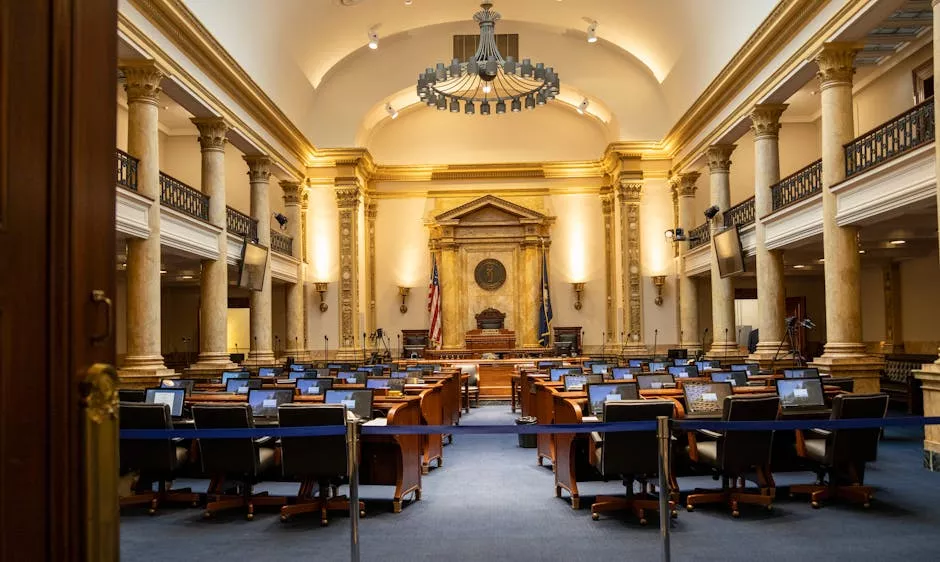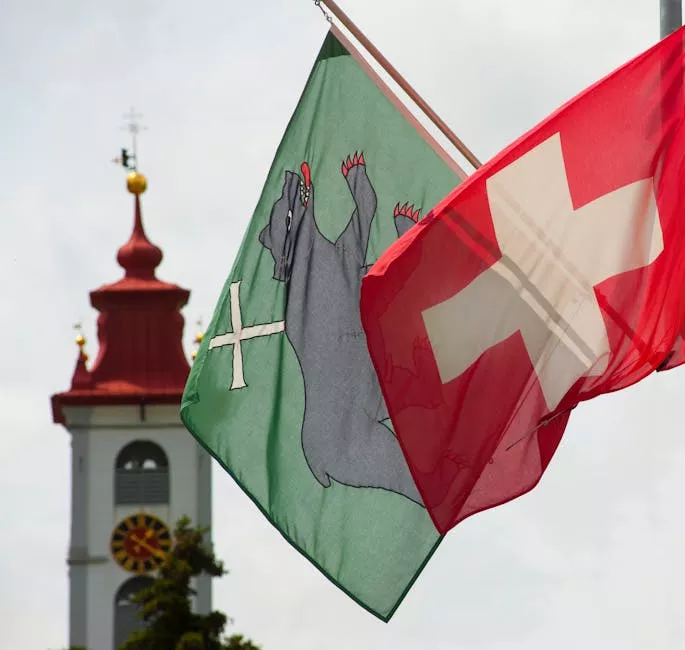Harvard Probes Larry Summers Over Epstein Ties Amid Ethics Storm
Harvard launches investigation into Larry Summers' extensive communications with Jeffrey Epstein, raising questions about elite institutional accountability.

Harvard University has initiated a comprehensive investigation into Larry Summers, the former U.S. Treasury Secretary and ex-Harvard president, over his extensive email correspondence with convicted sex offender Jeffrey Epstein. The probe marks a significant escalation in the university's efforts to address lingering questions about its ties to the disgraced financier.
Background of the Investigation
The investigation comes amid mounting pressure on Harvard to fully account for its relationship with Epstein, who donated millions to the university and maintained close ties with several prominent faculty members before his 2019 death in federal custody. Summers, who served as Harvard's president from 2001 to 2006 and later as Treasury Secretary under President Clinton, has faced intense scrutiny over his continued communication with Epstein even after the financier's 2008 conviction for soliciting prostitution from a minor.
Internal documents reveal that Summers exchanged hundreds of emails with Epstein over several years, discussing topics ranging from economic policy to academic appointments. The frequency and nature of these communications have raised questions about the extent of their professional and personal relationship, particularly given Summers' influential positions in both academia and government.
Institutional Accountability Under Scrutiny
This latest probe reflects broader concerns about accountability within elite institutions and their connections to controversial figures. Harvard has already faced criticism for accepting Epstein's donations and allowing him access to campus facilities and academic events. The university previously conducted reviews of its Epstein connections but has faced calls for more transparency and comprehensive investigations.
The timing of the investigation is particularly significant as it occurs during a period of heightened scrutiny of elite universities' governance practices. Critics argue that prestigious institutions have historically provided cover for wealthy donors and influential figures, potentially compromising their academic integrity and moral authority.
Broader Implications for Elite Networks
The Summers investigation highlights the complex web of relationships that exist between academic institutions, government officials, and private sector figures. As a former Treasury Secretary who played key roles during major financial crises, Summers' associations carry weight beyond Harvard's campus, potentially affecting public trust in both academic and governmental institutions.
The case also underscores ongoing debates about how institutions should handle relationships with controversial figures, particularly when those relationships span multiple decades and involve individuals who later face serious criminal charges. Harvard's handling of this investigation could set precedents for how other elite institutions address similar situations.
Moving Forward
As the investigation proceeds, Harvard faces pressure to ensure transparency while protecting the integrity of its academic mission. The outcome may influence how universities vet donors and manage relationships with external figures, potentially reshaping governance practices across higher education.






